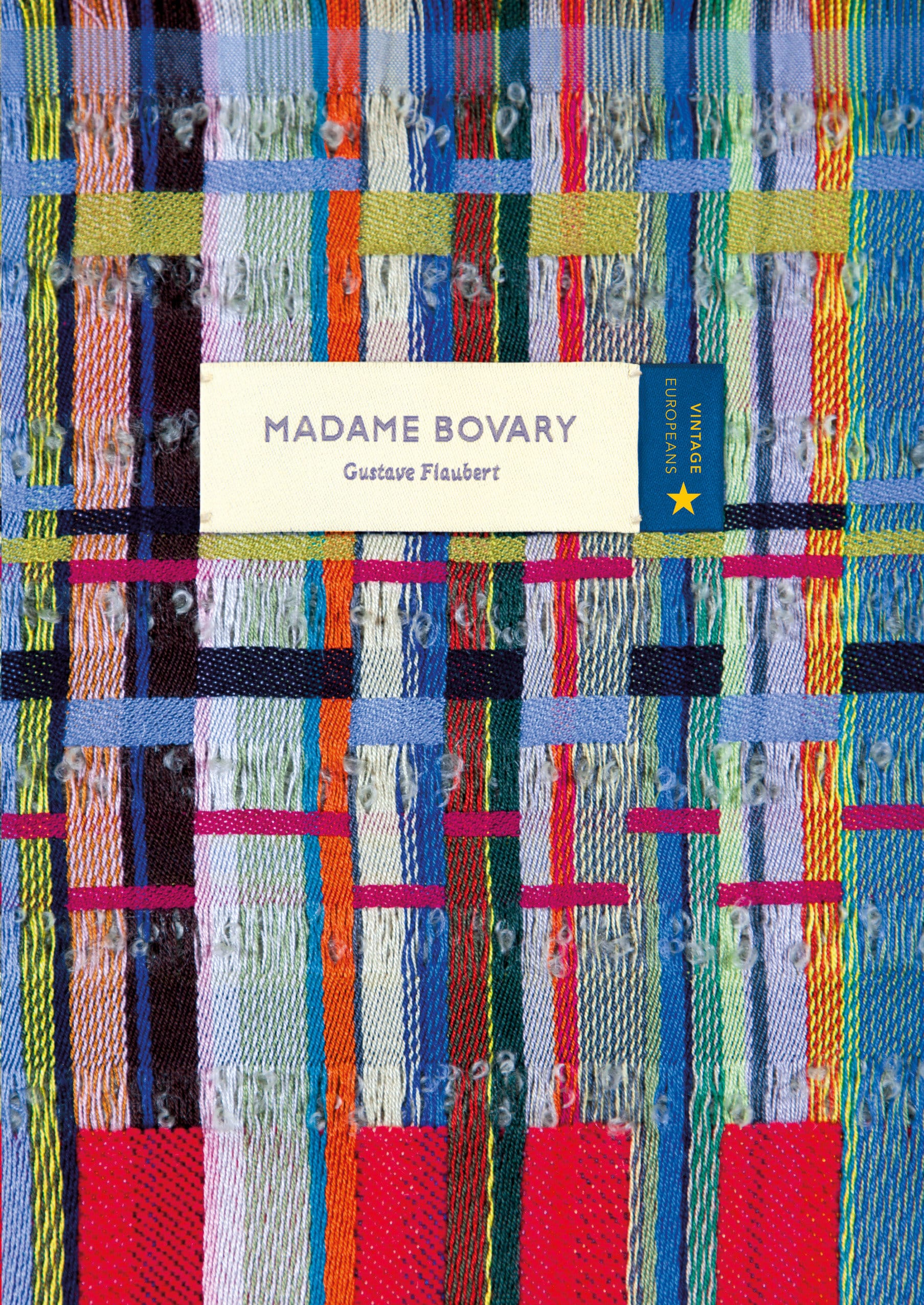No gift registry found click here to create new registry
Cart contain Gift Registry Items cannot add products
Madame Bovary (Vintage Classic Europeans Series)
18.00 JOD
Please allow 2 – 5 weeks for delivery of this item
Add to Gift RegistryDescription
The Vintage Classics Europeans series – with covers provided by textile design firm Wallace Sewell, these are must-have editions of European masterpieces, celebrating the warp and weft of a shared literary treasury.TRANSLATED FROM THE FRENCH BY AWARD-WINNING NOVELIST (AUTHOR OF ULVERTON) AND POET ADAM THORPEMadame Bovary begins where many other novels end: with marriage. But Emma Bovary is ill-prepared for the prosaic reality of life as a country doctor’s wife, and so plunges into a doomed search for passion and delight, flitting from fantasy to religion, from hedonism to devoted motherhood, from shopping to extra-marital sex. Flaubert’s brutally beautiful tale is subversive in its sexual frankness, revolutionary in its influence and an inexhaustible pleasure to read.‘One of the finest novels in any language’ Independent
Additional information
| Weight | 0.45 kg |
|---|---|
| Dimensions | 2.95 × 15.4 × 21.44 cm |
| PubliCanadation City/Country | United Kingdom |
| Author(s) | |
| Format | |
| Language | |
| Pages | 384 |
| Publisher | |
| Year Published | 2020-3-17 |
| Imprint | |
| ISBN 10 | 1784875023 |
| About The Author | Gustave Flaubert was born in Rouen in 1821, the son of a distinguished surgeon and a doctor's daughter. After three unhappy years of studying law in Paris, an epileptic attack ushered him into a life of writing. Madame Bovary won instant acclaim upon book publication in 1857, but Flaubert's frank display of adultery in bourgeois France saw him go on trial for immorality, only narrowly escaping conviction. Both Salammbo (1862) and The Sentimental Education (1869) were poorly received, and Flaubert's genius was not publicly recognized until Three Tales (1877). His reputation among his fellow writers, however, was more constant and those who admired him included Turgenev, George Sand, Victor Hugo and Zola. Flaubert's obsession with his art is legendary: he would work for days on a single page, obsessively attuning sentences, seeking always le mot juste in a quest for both beauty and precise observation. His style moved Edmund Wilson to say,'Flaubert, by a single phrase – a notation of some commonplace object – can convey all the poignance of human desire, the pathos of human defeat; his description of some homely scene will close with a dying fall that reminds one of great verse or music.' Flaubert died suddenly in May 1880, leaving his last work, Bouvard and Pécuchet, unfinished. |
Only logged in customers who have purchased this product may leave a review.
Related products
-
Low stock
Add to Gift RegistryGirl Online: Going Solo
Paperback
7.99 JOD -
On backorder 2-5 Weeks to Arrive
Add to Gift Registry90.00 JOD -
On backorder 2-5 Weeks to Arrive
Add to Gift Registry -
On backorder 2-5 Weeks to Arrive
Add to Gift Registry20.00 JOD






Reviews
There are no reviews yet.